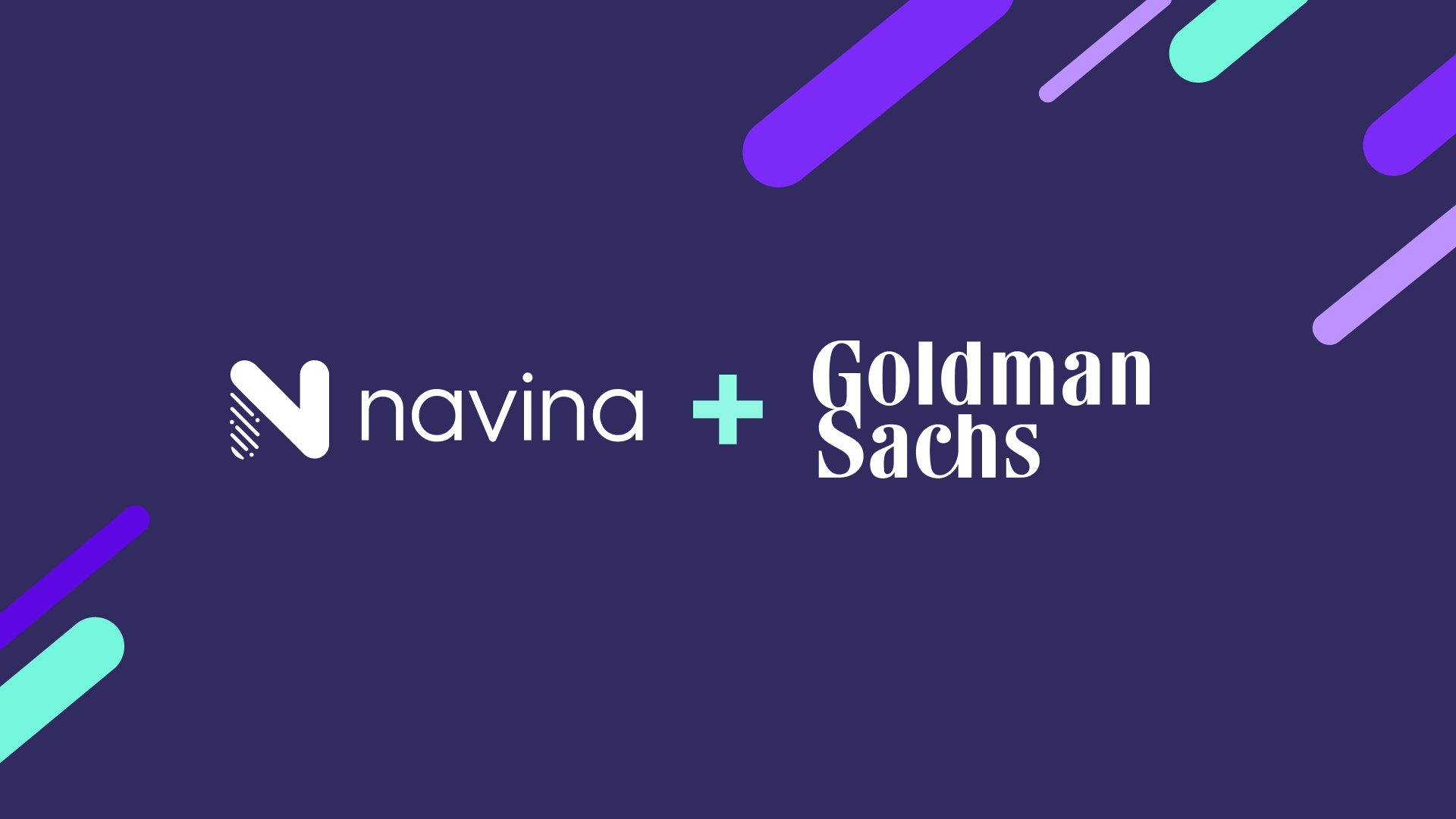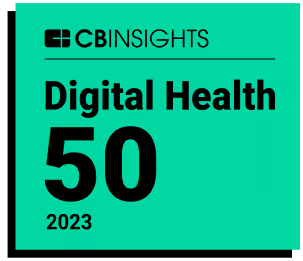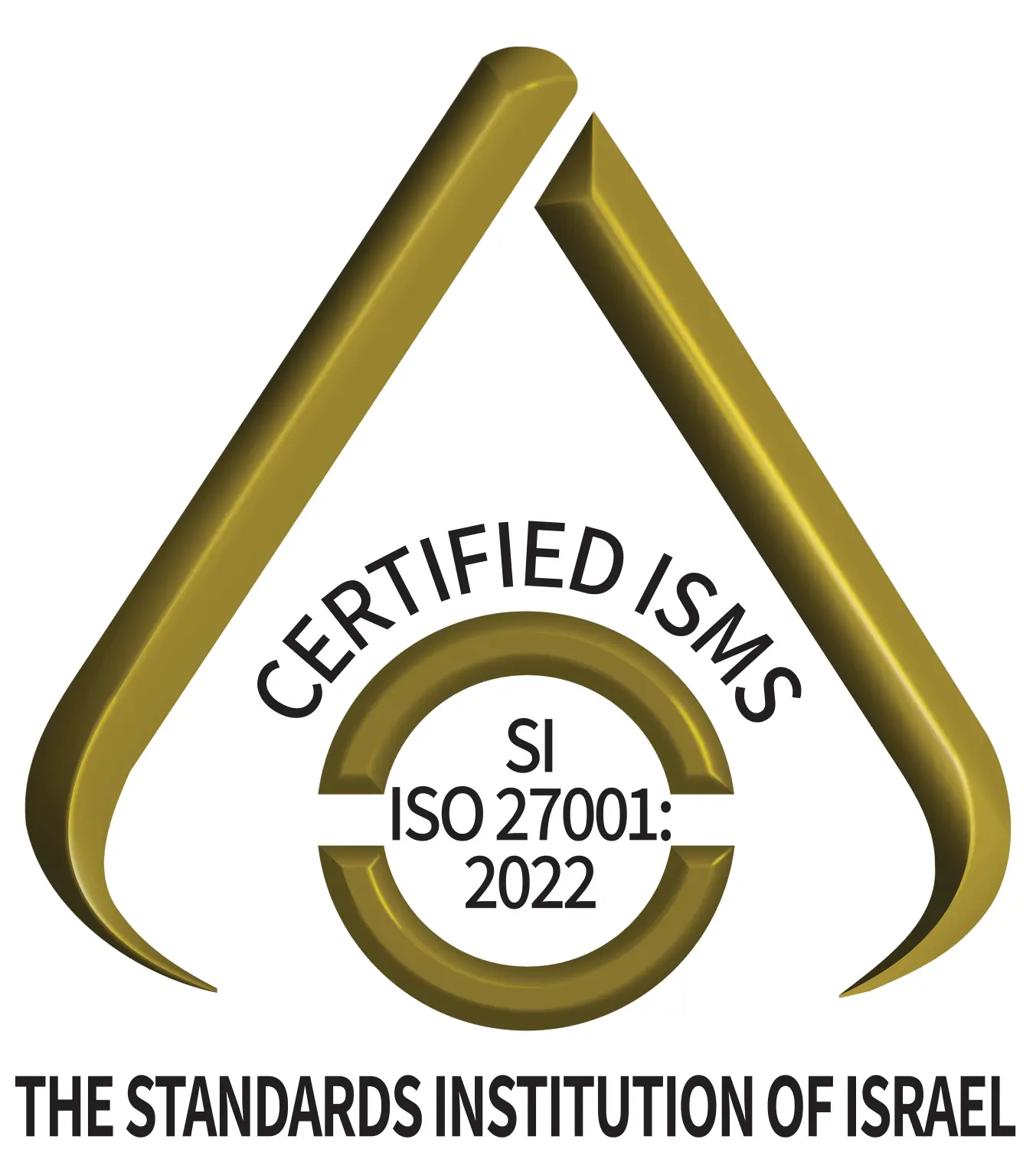The best start-up stories I know are inspired by personal experience. Nothing is a more powerful motivating force.
Here’s mine.
I’m looking at a photo of my wonderful father-in-law, Micha. He has obesity and hypertension as co-morbidities. (He also is a generous soul, which is why he allowed me to share these personal details in the hope that others will be helped by his experience).
Micha had been complaining about back pain and sleep issues for over 2 years. Even though he visited his family doctor every few months, and was prescribed muscle relaxants and physical therapy, the pain continued.
Eventually, when nothing worked to alleviate the symptoms, his puzzled doctor took a harder look at Micha’s EHR. What he discovered was tragic: an abnormal PSA test result was overlooked, even though it was there for the naked eye to see.
Quickly, Micha was sent for a series of tests, which found that he had prostate cancer.
Even more distressing, because of this delayed diagnosis, the tumor had grown so large that, unfortunately, surgery was required. The consequences of his surgery have negatively impacted Micha’s quality of life since then – problems which could have been eliminated through less invasive prostate cancer treatment, had the diagnosis not been missed.
Micha’s story is just one out of many - I’m sure you’ve all heard of similar cases. Let me be clear that I am not blaming physicians; they are incredibly dedicated and skilled individuals. But they are also incredibly over-burdened, as the burnout data tells us.
We find ourselves in this unprecedented situation because the intuitive belief that more data is inherently a good thing, is a misguided notion. Without sense-making tools, more data doesn’t mean better patient understanding.
At Navina, Ronen and I are using AI to enable primary care to create what we call a “Patient Portrait” out of what is now fragmented, chaotic, and often unintelligible clinical data. When Navina’s technology is made available to physicians, they are empowered to review even the most complicated patient data in less than 2 minutes. Rather than them having to work strenuously to pull data out of the EHR, the data is intelligently pushed to them. This relieves the stress of having to process vast amounts of data in the precious few minutes they have before a visit – radically reducing what we call “desktop medicine” – ensuring they don’t miss critical information. Our mission: No More Michas
Ronen and I recognized that building a sophisticated AI machine - one that understands primary care data and is capable of instantly generating our Patient Portraits, demands both NLP expertise and domain knowledge of the primary care discipline. In other words, both deep tech and deep medical understanding.
The technology challenge is more complex than it may seem on the surface. Remember that the data we need to master is coming in many different forms and shapes – structured and unstructured – including diagnoses, lab reports, documents, medication histories, discharge notes. The list goes on.
Making it all the more challenging is the inherent lack of classification. For example, up to 90% of consultation notes lack an indicative title – such as cardio, neuro, endocrinology – and half of all missed diagnoses are hiding within those documents. Which means AI needs to look inside the files and understand what’s there.
Think of it like this: structuring and connecting primary care data is like teaching a machine to understand 10 different medical languages at once. In the future it will need to be a system that can ingest data from wearables and other sources. But mere understanding of these languages is not sufficient, as these semantics need to be translated from 10 different languages into a single, universally understood lingua franca for physicians.
To accomplish this, the Navina AI engine includes two powerful dimensions. First, we deploy NLP Transformer-based models, which understand, extract and structure the data into medical ontologies. Leveraging deep learning, we analyze the data that is derived from what is often an overwhelming amount of information – consults and hospital notes, lab results, medications, and so on - and match those with the appropriate terminology code. Codes can range from LOINC for labs, to SNOMED and ICD-10 for diagnoses - the most common primary care ontologies, ATC for drugs and so forth. Secondly, Navina has built a proprietary medical knowledge graph, which we use to connect these different ontologies. This knowledge graph is based both on medical literature, and on our state of the art datasets -curated by our professional team of medical doctors which is used to train our machine learning models. Once trained, we are able to generate intelligence that bridges links between diagnoses, medications, labs, vitals, consult notes, imaging and more. These medically guided maps allow us to alert on missed diagnoses, abnormal results, missing labs, missing tests and more. We thus prevent chronic diseases from being overlooked or aggravated, all and more in an accessible and accurate Patient Portraits that are providing invaluable point-of-care insights to primary care physicians.
Thanks to Micha’s unfortunate healthcare crisis – caused by a failure to use technology to assure that diagnoses are always surfaced and never skipped – we are now able to simultaneously solidify patient health, overcome physician burnout, and meet the needs of value-based healthcare.
Out of lemons we made the lemonade of the future.






.png)















